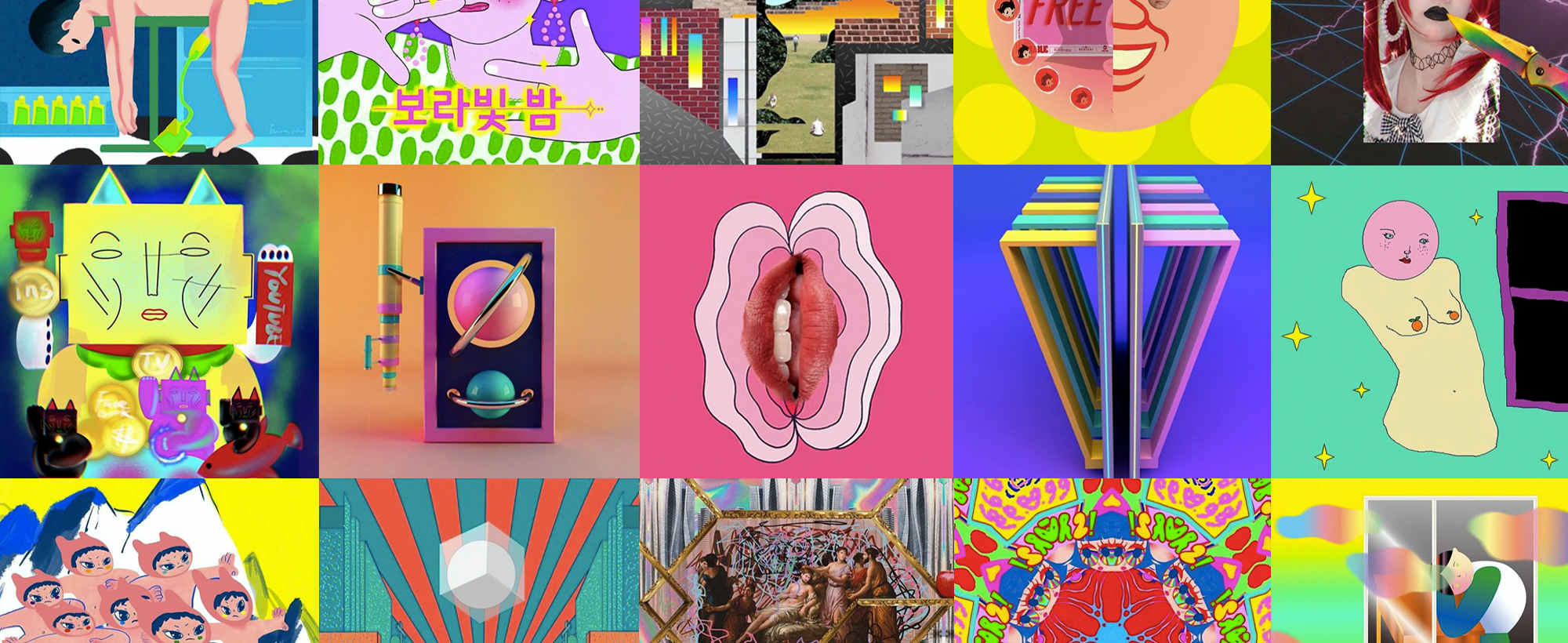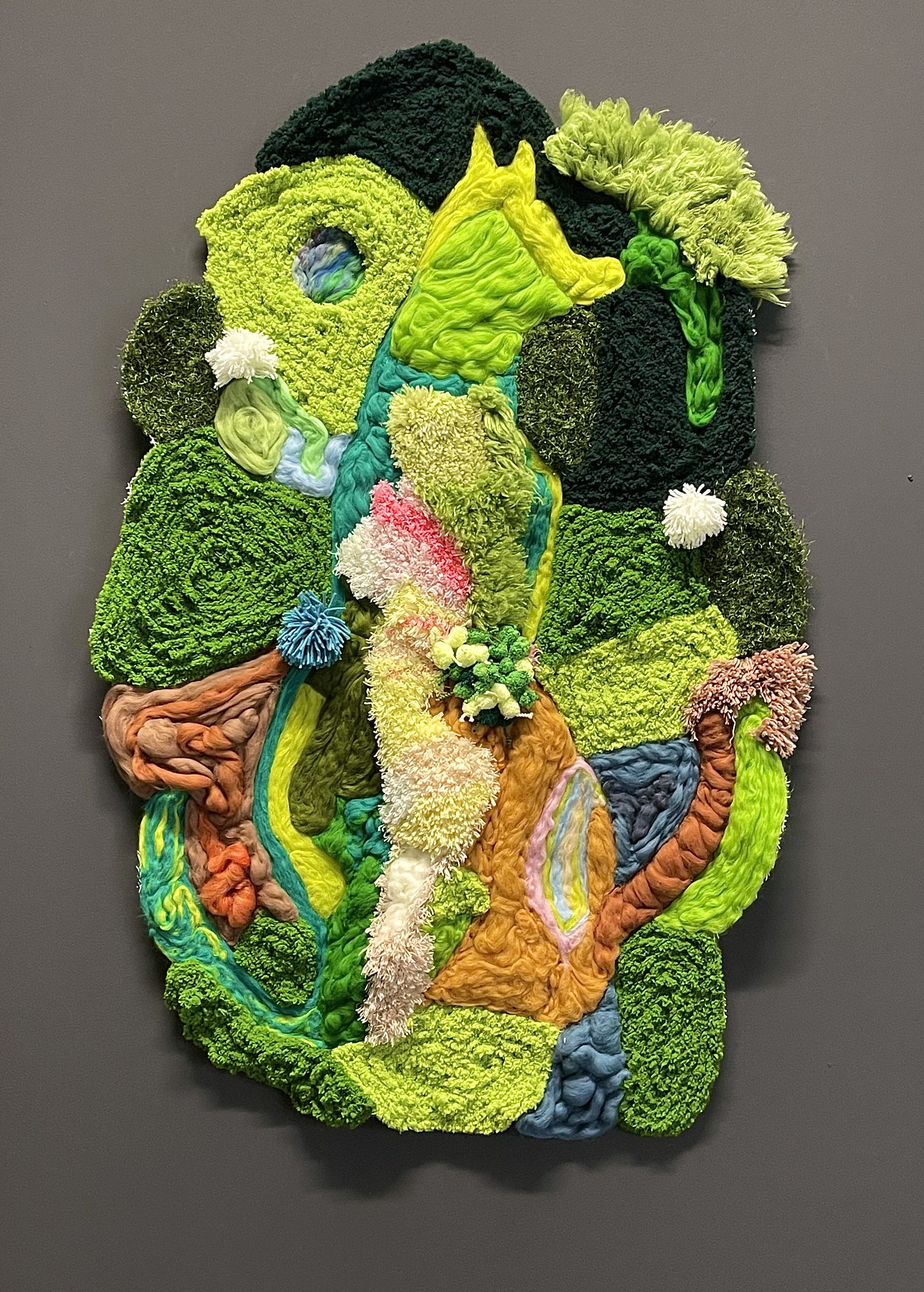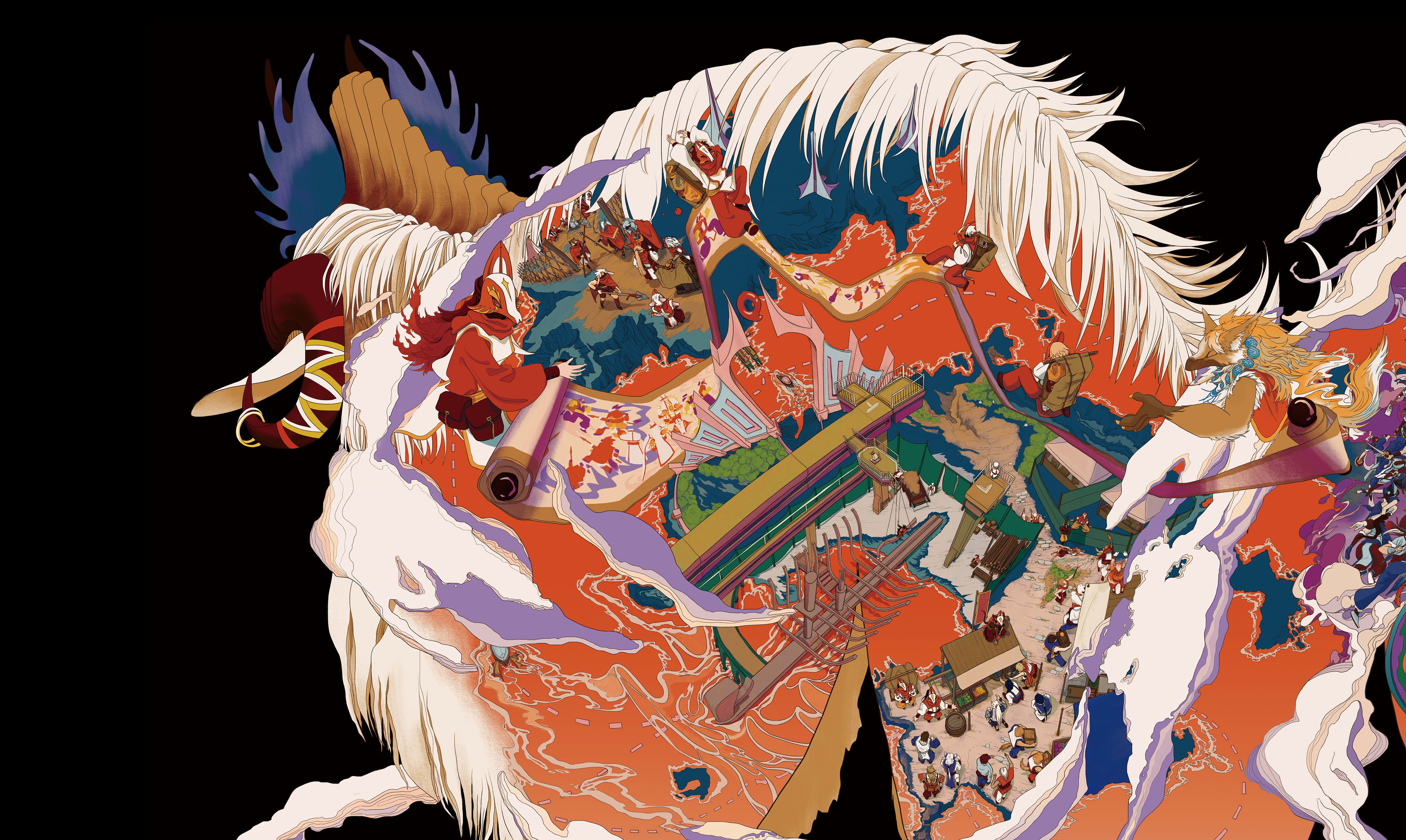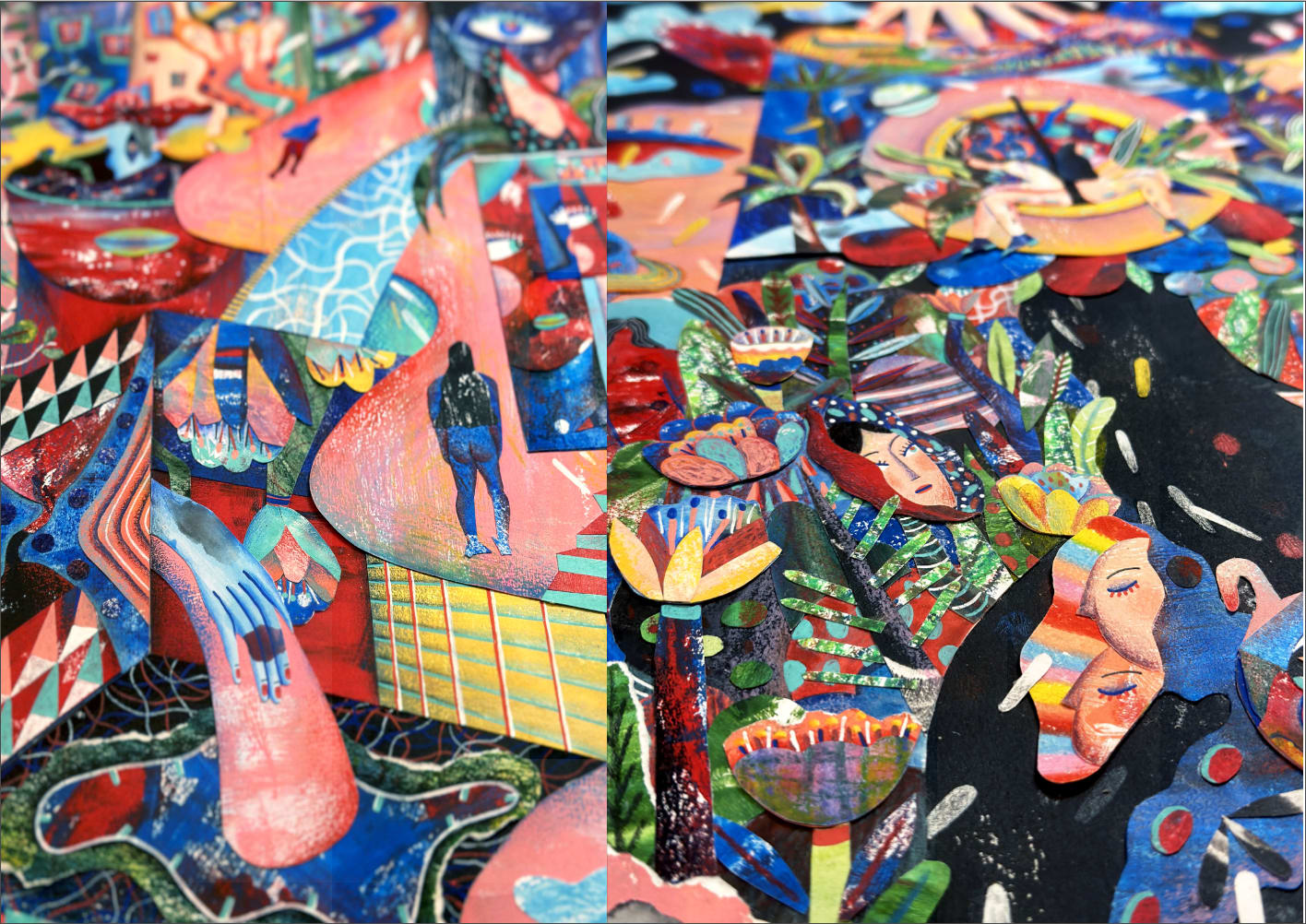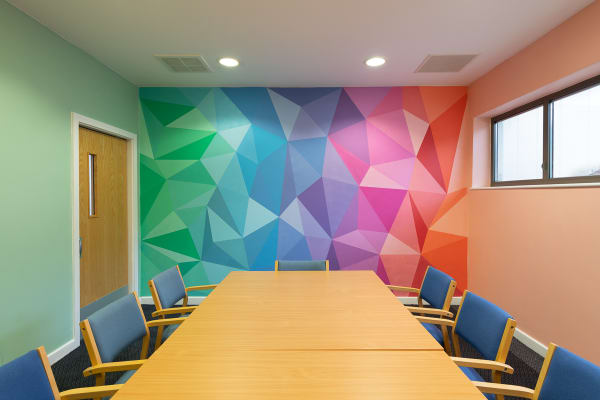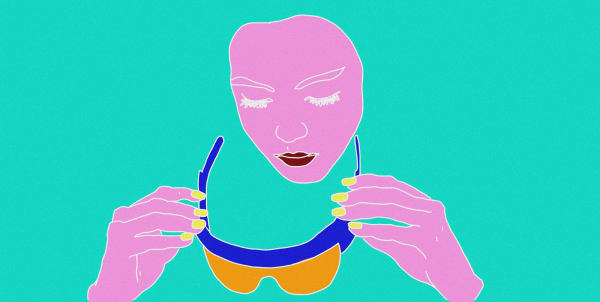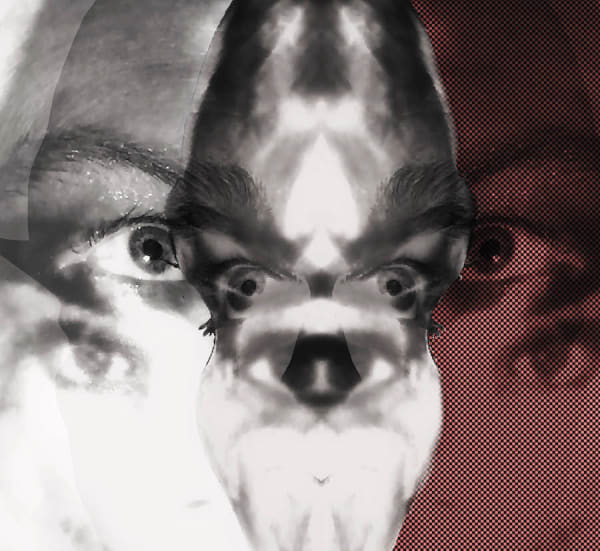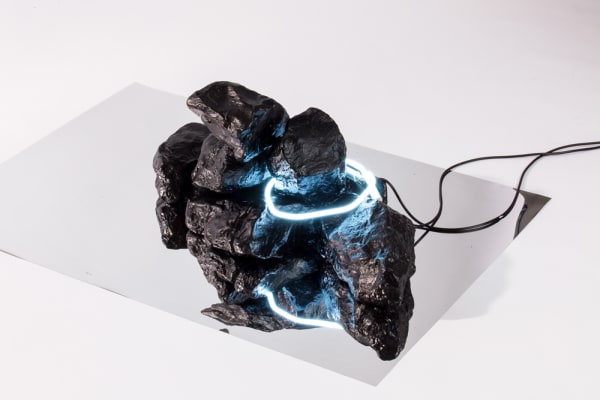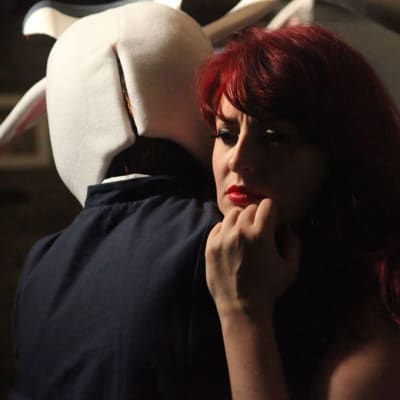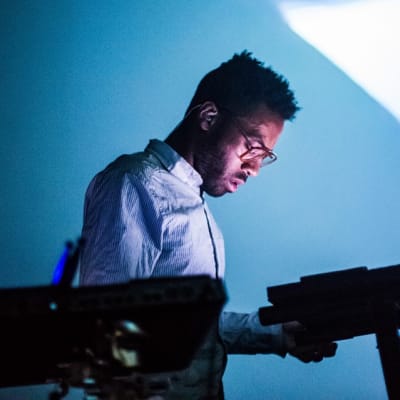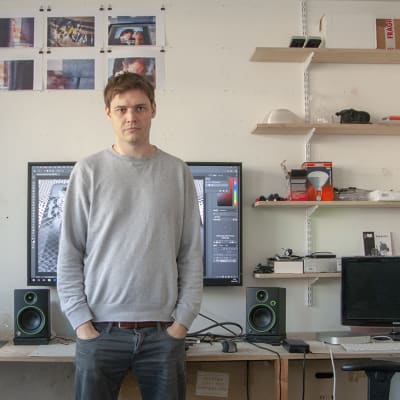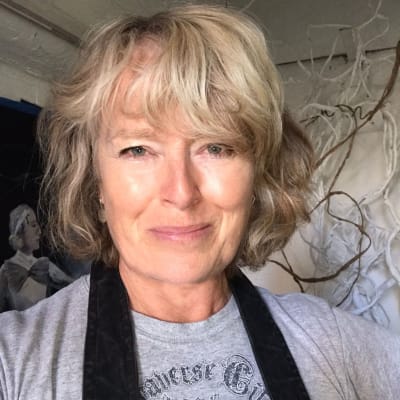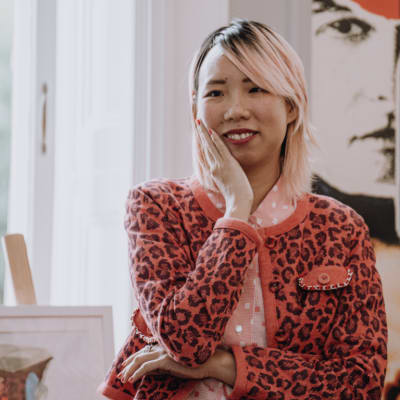Course units
We are committed to ensuring that your skills are set within an ethical framework, and we have worked to embed UAL’s Principles for Climate, Racial and Social Justice Principles into the curriculum and in everything we do.
As part of this initiative, we’ve shaped our courses around social and environmental sustainability principles that ensure learning outcomes reflect the urgent need to equip you with the understanding, skills, and values to foster a more sustainable planet. Our aim is to change the way our students think, and to empower you to work towards a sustainable future.
Autumn, Term One
The Emergent Image (40 credits)
This unit aims to provide you with an introduction to working as a postgraduate image maker. You will start to develop a portfolio of experimental, challenging image-based work from a variety of material and contextual starting points and begin to identify (an) individual line(s) of enquiry within your visual practice that will be developed further in subsequent course units.
The Critical Image (20 credits)
This unit aims to provide you with a critical understanding of working as an artist-researcher at postgraduate level. You will be introduced to a range of critical and theoretical ideas, which will develop your ability to contextualise your own practice.
Spring, Term Two
Collaborative Unit (20 credits)
This unit will allow you to define who you are as a collaborator and support you to create a small-scale collaboration of your choosing. You will develop an understanding of what collaboration could be and how you can locate collaboration within your own practice. Understanding who you are as an image maker will be key to developing a productive collaboration.
The Authored Image (40 credits)
Throughout this unit you will develop your individual visual language and approach to the image, allowing you to focus on specific areas of interest and specialising in techniques particular to your practice. The unit will explore the expanded field of contemporary image making, giving you an understanding of the range of practices and approaches that this can include. You will work on one self identified project throughout the unit, examining methodologies of working for exploratory projects that add to the broader research culture of the subject.
Summer, Term Three
The Contemporary Image: Final Major Project and Thesis (60 credits)
You are asked throughout this unit to engage in a major project in which the emphasis will be on defining, analysing, developing and contextualising an individual and focused approach to contemporary image making. The Final Major Project must be self-identified and lead on from the work you made in The Authored Image Unit, while also building on what you have learned in earlier studio units and the critical content of course seminars and workshops. You will also write a thesis, which will be a piece of independent critical writing that explores an area of visual practice related to the studio work you make in your Final Major Project.
